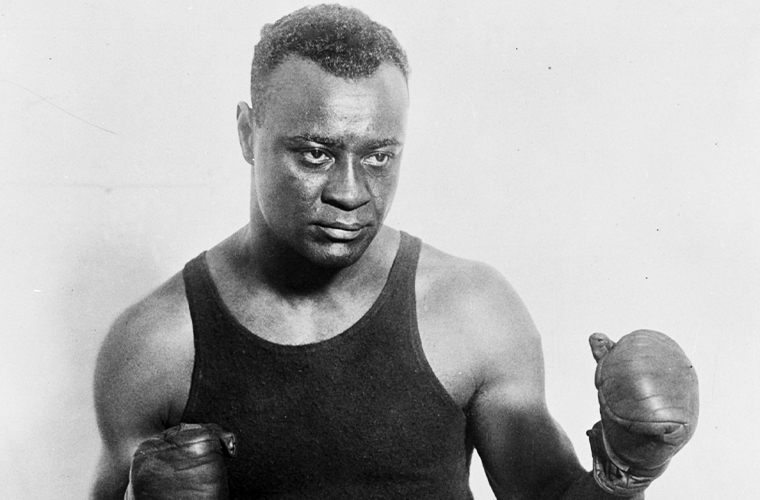In the annals of boxing history, there are countless tales of triumph and tragedy, of fighters who rose to the pinnacle of the sport and those who were denied their rightful place in the spotlight. Harry Wills, known to many as the “Black Panther,” is a prime example of the latter. A victim of the racial prejudices that plagued the boxing world in the early 20th century, Wills’s story is a poignant reminder of the barriers faced by black athletes during a tumultuous period in American history.
Born in New Orleans in 1889, Wills began his boxing career at a time when the sport was still reeling from the fallout of Jack Johnson’s controversial reign as heavyweight champion. Johnson, the first black man to hold the title, had faced fierce backlash from both the boxing establishment and wider society due to his outspoken defiance of racial norms. In the aftermath of Johnson’s reign, black fighters like Wills found themselves marginalized and shut out from the highest echelons of the sport.
Despite these obstacles, Wills’s talent and determination propelled him to great success in the ring. Standing at 6 feet 3 inches and weighing over 200 pounds, he possessed a rare combination of speed, power, and technical skill that made him a formidable opponent for any heavyweight of his era. Wills’s record speaks for itself, with numerous victories over top-ranked contenders and former champions cementing his status as one of the premier fighters of his time.
However, for all his accomplishments inside the ring, Wills was repeatedly denied the opportunity to compete for the world heavyweight title. The reasons for this are clear: systemic racism and a pervasive unwillingness among white fighters and promoters to face a black challenger for the most coveted prize in boxing. Despite his undeniable talent and status as a top contender, Wills was continually passed over in favor of less qualified white fighters, a glaring injustice that robbed him of his rightful place in boxing history.
The ramifications of this injustice were not limited to Wills himself. The denial of a title shot had far-reaching consequences for the sport as a whole, perpetuating the myth of white supremacy and denying fans the chance to witness truly competitive and meaningful matchups. Wills’s plight was emblematic of a larger struggle for racial equality, one that extended far beyond the confines of the boxing ring.
In light of these injustices, it is crucial to recognize and celebrate Wills’s enduring legacy. His impact on the sport of boxing cannot be understated; his skill, courage, and resilience in the face of adversity serve as an inspiration to all who continue to fight for equality and justice. While he may never have had the opportunity to vie for a world title, Wills’s contributions to the sport remain indelible, a testament to his enduring spirit and unwavering dedication to his craft.
As we reflect on the life and career of Harry Wills, it is incumbent upon us to ensure that his story is not consigned to the footnotes of history. His legacy serves as a stark reminder of the injustices that have plagued the world of sports, and his perseverance in the face of such adversity stands as a testament to the power of the human spirit. It is our duty to honor Wills’s memory and to continue striving for a more equitable and inclusive future, both inside and outside the ring.
In conclusion, Harry Wills was a victim of his time, a time marked by racial prejudice and systemic inequality. His story serves as a sobering reminder of the barriers faced by black athletes in an era rife with discrimination. Yet, despite these obstacles, Wills’s legacy endures as a testament to his skill, character, and unwavering determination. It is incumbent upon us to ensure that his contributions to the sport of boxing are never forgotten and that his legacy serves as a catalyst for positive change in the world of sports and beyond.


